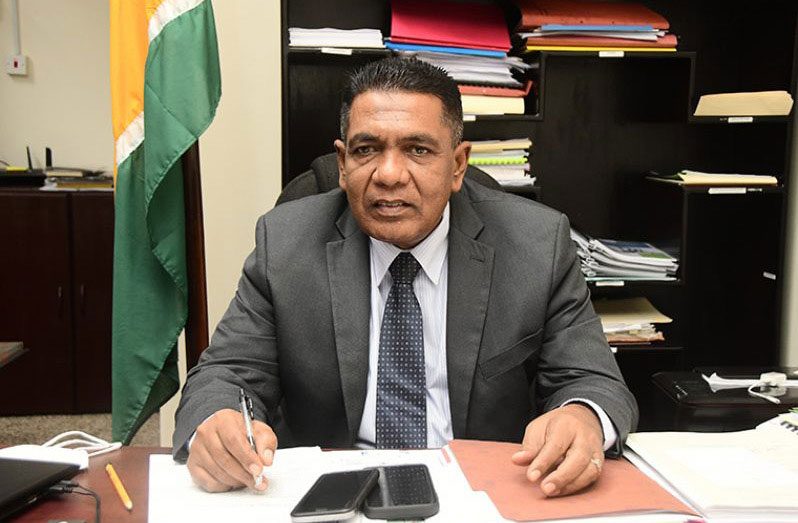EXTENSION services play a crucial role in the growth and development of the agricultural sector and rural communities for CARICOM member states. Extension services are central to exploiting the real potential of agricultural Research and Development (R&D), and therefore serve as a conduit through which the knowledge and innovations generated may be effectively disseminated to producers.
In CARICOM, extension services have traditionally been delivered through centralised and decentralised public-funded agencies. Increasingly, however, private agricultural extension has been partially replacing these public-funded initiatives. While the rationale behind private-provided extension in the region has been driven largely by efficiency concerns, undoubtedly, it has ushered in a situation of a vastly underserved demand.
Generally, private extension services exist as an input-selling mechanism. As such, some limited extension service may be provided by input suppliers of pesticides and fertilisers to farmers using its supplies.
In this regard, CARICOM has received support from the Inter-American Institute for Cooperation on Agriculture (IICA) to assist in the capacity building of a first cohort of 153 extension officers from 15 Caribbean countries to support the new agriculture agenda being led by the Special Ministerial Task Force on Food Production and Food Security. They will be trained virually.
The Ministerial Task Force, which was formed at a CARICOM Heads of Government meeting in February 2021, is chaired by Guyana’s Minister of Agriculture Zulfikar Mustapha, and is tasked with expanding the agriculture sector, and increasing both intra and extra-regional trade.
The virtual regional agriculture extension training programme will cover ICT in extension, new extension delivery methodologies, tablets, drones, social media, traditional tools and platforms in extension and agricultural technology transfer, agribusiness and value chains, marketing and new market intelligence approaches for food security, exports and rural livelihoods.
It will also explore renewable energy, including solar and bio-digesting, climatic and risk modelling, and integrated water resources management.
Four areas will be examined here. These are sloping Agricultural Land Technology (SALT) for crops, livestock and integrated farming; best practices in climate resilience – alternatives to conventional pesticide use and GAP waste disposal and environmental protection; appropriate climate resilient technologies, including silvo-pastorial systems for livestock; and sustainable soil and land management.
The training is geared at enhancing the participants’ technical capacity in sustainable agricultural production; strengthening extension tools, methods, approaches and networking; enhancing resilience of farm systems against climatic and natural risks and emerging food security challenges; promotion and support of SALT for livestock and crops, and promoting and operating an agri-extension ‘app’ in Caribbean countries.




.png)









